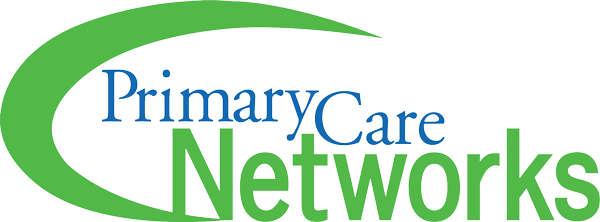Understanding menopause and perimenopause
|
Menopause marks the end of a woman's menstrual cycles, while perimenopause is the transitional phase up to one year after your period stops. To shed light on this vital topic, we spoke with Dr. Nevy Cheema, a Primary Care Network (PCN) physician, who shared valuable insights from her experience of more than 13 years. One of the biggest misconceptions Dr. Cheema highlights is that menopause comes much earlier than expected. “Some women notice symptoms as early as their late 30s,” she explains. “The transition can begin years before menstruation stops, and it looks different for everyone.” Dr. Cheema stresses that menopause hormone therapy is safe for most women and is often a game-changer in symptom management. Still, finding the right treatment takes patience and persistence. “You may not feel better right away. Stay the course, make adjustments, and don’t give up until you’re functioning at your best,” she recommends. Dr. Cheema’s top tips for navigating menopause:
|
|
Just by being a woman and going through menopause, you have many hurdles to go through to get to the other side and still be healthy:
|
|
If you can have your exercise, nutrition, and sleep habits set in place before you enter perimenopause, then you'll have an easier journey. It's common for women to dismiss symptoms, including hot flashes, night sweats, mood changes, sleep disturbances, difficulty concentrating, and changes in energy levels or weight, but talking openly with your healthcare provider can greatly improve symptom management and your quality of life. For more information, Dr. Cheema recommends these trusted resources: |
|
Dr. Cheema says, “The most rewarding part of my job is connecting with patients and helping them feel better.” She’s grateful for the support and resources provided by her PCN which helps her better serve her patients. Understanding menopause and accessing the right resources can empower women to manage their symptoms effectively and embrace this stage of life with confidence. If you’re looking for support, talk to your primary care provider for more information, resources, or a possible referral to a certified menopause provider. In addition to speaking with your healthcare provider, there are also online tools that can help you find support. The Menopause Society, listed in the resources above, offers a helpful search tool to locate certified menopause practitioners in your area. |
